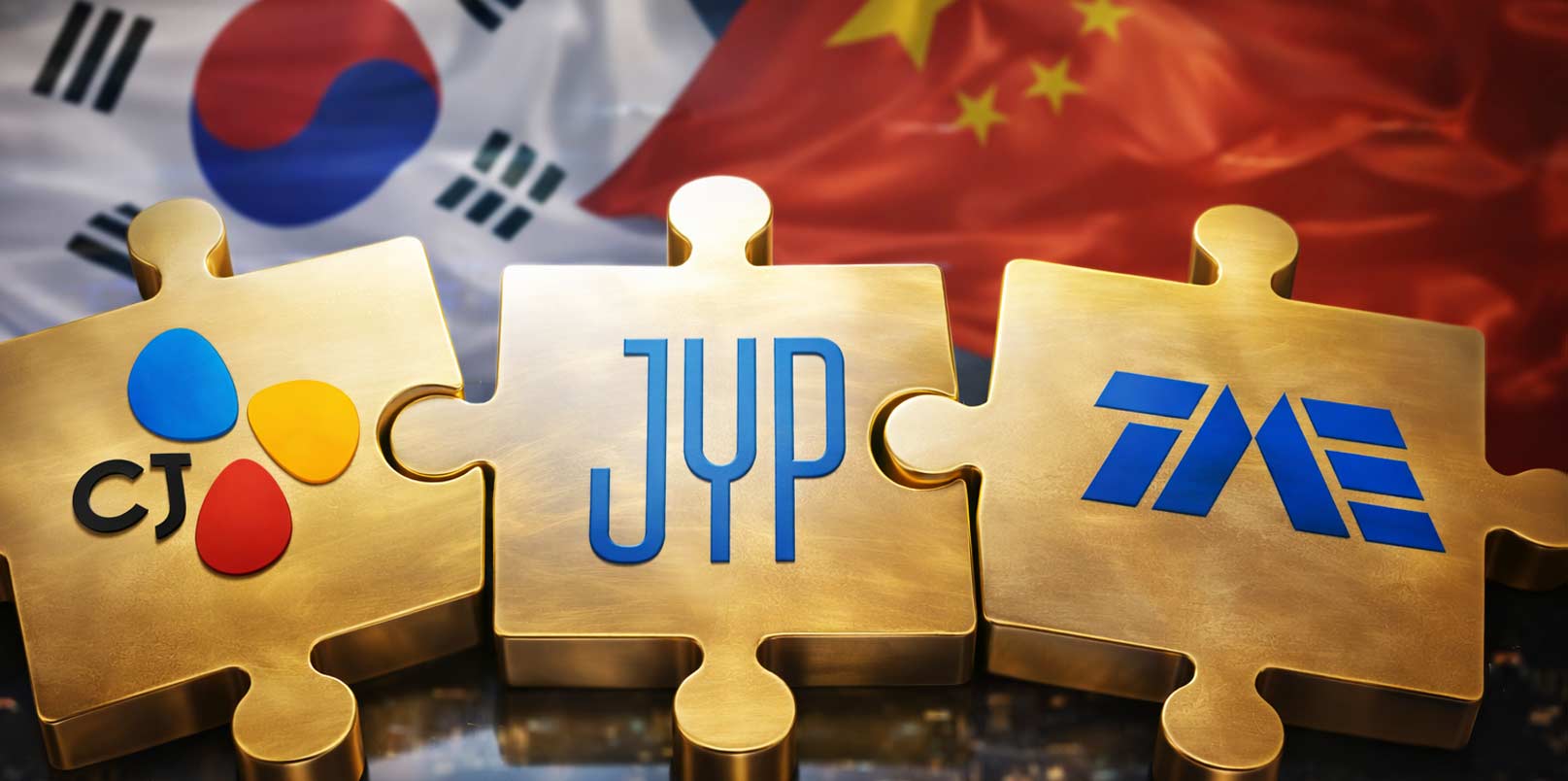Korea’s content IP strategy has entered a decisive phase as The Pinkfong Company brings Bebefinn and Sealook to Japan’s terrestrial broadcasters. Securing prime slots on TBS and TV Tokyo signals more than cultural exchange—it illustrates how Korean startups are building scalable IP pipelines, testing multi-platform monetization, and reshaping Asia’s media value chains in ways that global investors and policymakers cannot ignore.
The Pinkfong Company’s Flagship IPs Enter Japanese Terrestrial TV
On October 2, global family entertainment company The Pinkfong Company announced that its flagship animations Bebefinn and Sealook will begin broadcasting on two of Japan’s major terrestrial channels, TBS and TV Tokyo.
Starting October 4, Bebefinn will air every Saturday morning at 9:25 AM on TBS, targeting Japan’s weekend family audience. Sealook began airing on October 1, weekdays at 7:57 AM on TV Tokyo, supported by outdoor 3D advertising on Shinjuku’s landmark screens through October 14.
This marks the first simultaneous entry from Pinkfong into Japan’s terrestrial television ecosystem, underscoring Korea’s growing influence in the cross-border animation and media market.
From YouTube to Terrestrial TV: Korea’s IP Finds a New Stage
Japan remains one of the most competitive and mature animation markets globally, where domestic production dominates and international entries face high barriers. Pinkfong’s success in securing distribution on two of Japan’s top five terrestrial broadcasters reflects both the strength of its IP portfolio and shifting openness in the Japanese content industry to global collaborations.
The launch also highlights Korea’s broader strategy to globalize cultural and entertainment IP. In recent years, the government has prioritized content exports alongside manufacturing and technology, positioning creative IP as a driver of soft power and economic opportunity. Pinkfong’s entry into Japan serves as a case study for how Korean companies can establish multi-platform footholds in competitive overseas markets.
The Pinkfong Playbook: Leaders’ Insights on Scaling Korean IP Abroad
Joo Hye-min, Chief Business Officer of The Pinkfong Company and head of its Japan subsidiary, commented:
“It is meaningful that Sealook and Bebefinn, already validated in global markets, can now directly meet Japanese viewers. Through broadcasting, outdoor advertising, and partnerships, we will continue to expand brand recognition and IP influence in Japan.”
The company also confirmed a multi-target strategy: Bebefinn aims at family and preschool audiences, while Sealook is positioned for teenagers and young adults, leveraging its short-form 3D format and strong YouTube traction.
Signals from Japan: The Next Chapter in Korea’s Startup-Led IP Growth
For Korea’s startup and creative ecosystem, Pinkfong’s expansion illustrates how globally scalable IP can generate value across multiple layers—broadcast, digital platforms, offline retail, and live events.
Pinkfong has already built a strong Japanese fan base, with more than 2.7 billion YouTube views and 200 million hours of viewing time in Japan, along with successful popup stores and merchandise sales.
The move signals to founders and investors that Korea’s IP sector is transitioning from a domestic growth model to one that integrates cross-border partnerships and multi-platform monetization. It also reflects the global demand for Korean content that resonates across age groups, from preschool families to Gen Z.
It once again proves to policymakers that supporting content startups and securing overseas distribution remains central to Korea’s competitiveness in the Asia-Pacific entertainment market.
Korea’s IP Footprint Widens as Startups Test Global Market Models
Beyond the media success of Pinkfong’s dual launch on TBS and TV Tokyo, this move represents a tangible expansion of Korean creative IP into one of the world’s most protected markets, achieved through strategic targeting and multi-channel engagement.
The timing is also notable as The Pinkfong Company has also filed for an IPO this year, positioning its global IP expansion in Japan as part of a broader effort to strengthen market credibility and investor confidence.
As Korean startups look beyond domestic growth, the lessons from Pinkfong’s Japan push—testbed-driven rollouts, localized marketing, and demographic segmentation—may serve as a blueprint for broader Asia-Pacific content strategies. For global investors, it signals that Korea’s creative IP is evolving into an increasingly credible asset class in the global innovation economy.
– Stay Ahead in Korea’s Startup Scene –
Get real-time insights, funding updates, and policy shifts shaping Korea’s innovation ecosystem.
➡️ Follow KoreaTechDesk on LinkedIn, X (Twitter), Threads, Bluesky, Telegram, Facebook, and WhatsApp Channel.






